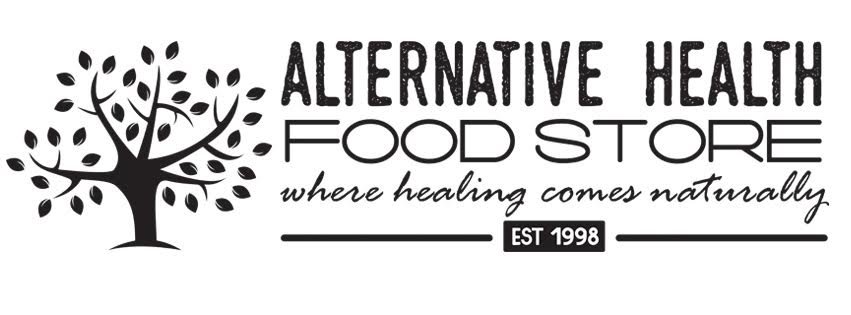What’s the Deal with Iodine?
Iodine usage has gone in and out of favor through the years. Until the 1940s, iodine was used by the medical community. In the 1940s, a single paper written by two researchers completely changed the way we use iodine. This poorly documented paper gave the impression that iodine use was not only archaic and unnecessary but could even be dangerous. Almost immediately, the use of iodine in medicine was stopped. Unfortunately, that led to many Americans being deficient in iodine.
Compounding the issue is the fact that people have cut back on table salt at home. Most food manufacturers don’t use iodized salt. Processed foods are riddled with unhealthy types of sodium instead.
Also, chlorine, fluoride, and bromide—which lower iodine levels in the body by blocking iodine receptors—are increasingly consumed from foods or through environmental exposure. Chlorine is now used to purify water instead of iodine. Fluoride is almost universally found in toothpaste and drinking water. And bromide replaced iodine in commercial baked goods more than 30 years ago.
Additionally consuming soy and gluten blocks thyroid function and inhibits the uptake of iodine.
Recently researchers are suggesting that boosting iodine consumption could improve thyroid health, lower incidence of breast and prostate cancer, and fibrocystic breast disease.
Iodine works so well for breast health because it makes breast cells less sensitive to estrogen, and detoxifies bromide, fluoride, and chlorine. For the same reasons, iodine helps prevent the hormonal imbalances that leave some men more prone to prostate cancer.
Supplemental iodine is available in different forms, each of which affects specific tissues in the body. Potassium and Sodium iodide are best absorbed by the thyroid. Breast tissue uses iodine most efficiently in the form of molecular iodine. If want to supplement with Iodine, consider Terry Naturally’s Tri-Iodine which provides potassium iodide, sodium iodine, and molecular iodide for breast, thyroid, and prostate help.
Source: TerryTalksNutrition.com
Angel Hill-Reynolds, DNM, M Ed., offers Natural Health Assessments, using the art of iridology with science-based solutions. She offers telehealth and in-store appointments. Visit AlternativeHealthFoodStore.com/services for details.
These statements have not been evaluated by the FDA. This is not intended to diagnose, treat, cure, or prevent any disease.
